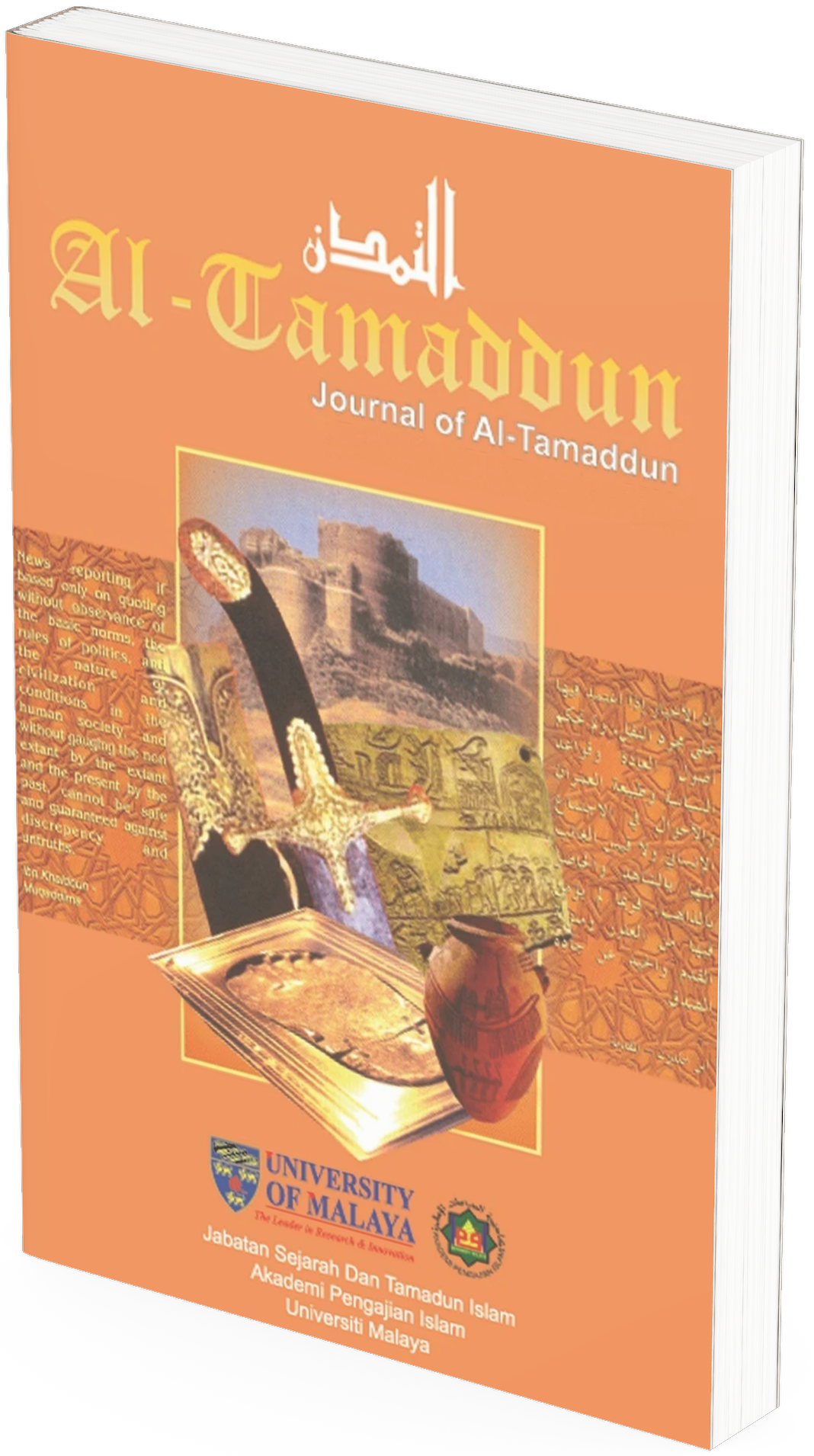Islamic Movements in Indonesia: A Critical Study of Hizbut Tahrir Indonesia and Jaringan Islam Liberal
DOI:
https://doi.org/10.22452/JAT.vol17no2.6Keywords:
Islamic Movement, Religious Democracy, Tolerance, HTI, JILAbstract
For all religions, including Islam, pluralism in society is a challenge. Many thought reconstructions and debates regarding the Islamic paradigm are results of conflicts between right and left Islamic ideologies about the religious paradigm. This research aimed to determine how Jaringan Islam Liberal (JIL) and Hizbut Tahrir Indonesia (HTI) groups embrace tolerance and social networks. The data were analyzed using van Dijk’s critical discourse analysis and a multi-level approach to offer a more critical understanding of the paradigms. This research discovered that JIL has promoted religious tolerance within its theological domain, while HTI has reacted adversely. HTI has not renounced tolerance, but its ideology does not include religious tolerance. HTI derives its legitimacy from Islam; its activists see Islam as a religion and an ideology. JIL also views religion as more than just text and pursues a contextual view of theology. Meanwhile, HTI was restricted to its textual interpretation. Its dissemination in several media outlets further demonstrated its paradigm and the unity of HTI members.
Downloads
Additional Files
Published
How to Cite
Issue
Section
License
Copyright (c) 2022 Journal of Al-Tamaddun

This work is licensed under a Creative Commons Attribution-NonCommercial 4.0 International License.
By submitting manuscripts to the Journal of Al-Tamaddun, authors agree to transfer copyright to the journal. However, authors may republish their work or grant others permission to republish it; in which case it should be accompanied by a proper acknowledgment that the work was originally published in the Journal of Al-Tamaddun. The journal adopt CC-BY-NC licence which authors may also share and distribute their article anywhere of non-commercial website, social media and repositories immediately on publication.
Authors may also reuse the Abstract and Citation information (e.g. Title, Author name, Publication dates) of their article anywhere at any time including social media such as Facebook, blogs and Twitter, providing that where possible a link is included back to the article on the journal site.










